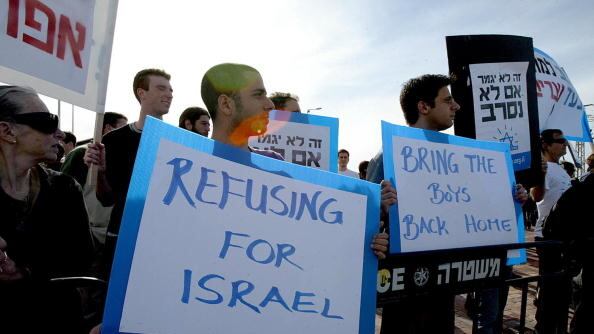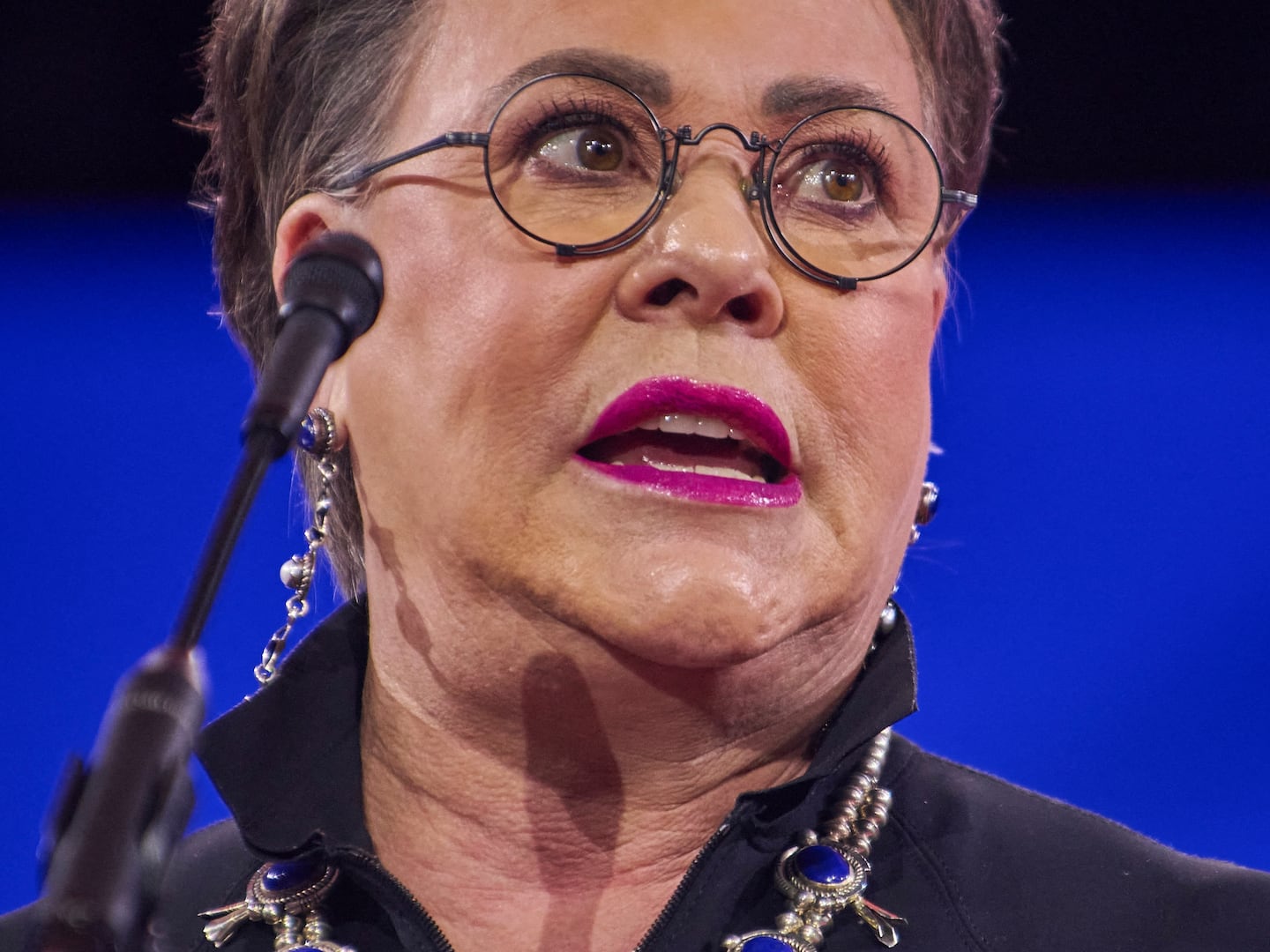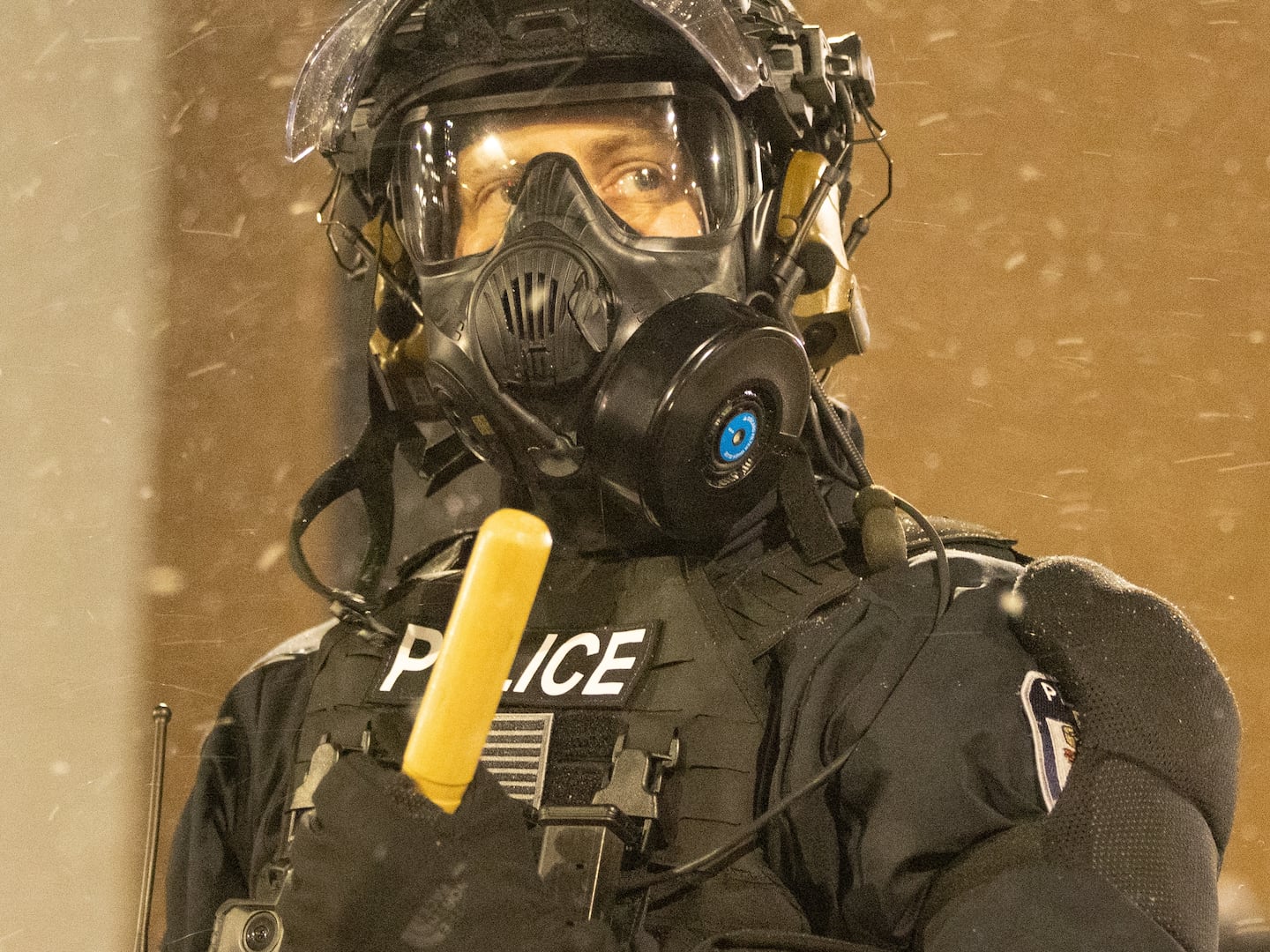American Jews actively supported the civil rights movement. Or so goes the popular narrative in the American Jewish community. For the purposes of this piece, let’s call it “The Narrative.” The values that come along with The Narrative are values that have guided me throughout my life: values of nonviolence, values of anti-racism, and values of disobeying unjust laws. These values combined have led me to my recent decision to refuse to serve in the IDF.
As with many historical adages, there is truth to The Narrative. Most famously, Rabbi Abraham Joshua Heschel was a friend and active supporter of Dr. Martin Luther King, Jr. Rabbi Perry Nussbaum’s house and synagogue were both bombed in retaliation for his unfaltering civil rights work in the South. Two of Dr. King’s closest white advisers, Stanley Levison and Harry Wachtel, were both Jewish. So were Michael Schwerner and Andrew Goodman, two of the three activists who were murdered, along with James Chaney, for their efforts to help black Mississippians register to vote during the Freedom Summer of 1964. Many of the white Freedom Riders and student pickets came from Jewish households. And the list goes on.

As with many historical adages, however, much is left out of The Narrative. Left out is the story of Solomon Blatt, the politically influential Jewish Speaker of South Carolina’s House of Representatives who vociferously spoke and legislated against school desegregation in his home state. And the story of Charles Bloch, the prominent Jewish-Georgian lawyer who made his name opposing Brown v Board in 1953 and subsequently working as a sort of mercenary anti-Integrationist lawyer in a variety of cases against black civil liberties. And the story of Charles Leb, the owner of a kosher delicatessen in Atlanta who, when faced with demonstrations and sit-ins in late 1963, assaulted the nonviolent SNCC activists with curses, blows and help from the local Ku Klux Klan. Left out is the story of Milton Grafman and other Southern Rabbis who joined many of their Christian colleagues in opposing King and the civil rights movement for “moving too fast.” And the story of the many white Jews who shared the prevalent white suspicion of the civil rights movement and who refused to take action to support it. And the list goes on.
I was born in Israel, but raised in the U.S., and growing up in the American Jewish community, I was exposed exclusively to the stories of Jews as civil rights activists and leaders. But I do not feel deceived or betrayed. In fact, I am grateful that The Narrative is the narrative my community has chosen to adopt, because the values of nonviolence, anti-racism and disobeying unjust laws have motivated my refusal to serve in the IDF.
My action itself will be condemned by many in the U.S. Jewish community today. The inevitable responses will come: The situation in Israel is fundamentally different, I am naive, I am a traitor.
The situations are, of course, unique, but some fundamental parallels exist, especially when it comes to racial/ethnic separation and a culture of demonization of those who speak out against it. Israel, via the IDF, has been maintaining a ''temporary'' occupation of the Palestinian territories for the last 45 years. Within this occupation, Jews are given a full—and even bolstered—set of rights and privileges, and Palestinians are given basically none. There are separate laws, separate court systems, separate land rights and separate voting privileges. And there is a culture, as there was in the U.S. in the 1960s, of concomitant discomfort with the situation and chiding of those who speak out too strongly against it.
"Now is not the time for change," we are told. "Do your IDF service, and try to change the system from within, through democratic means." But the very mention of democratic means overflows with hypocrisy, as it did when told to blacks and their allies in the U.S. South in the 1960s: Democracy is not democracy if it is denied to millions of people living under the ''democratic'' country’s rule.
Growing up in the U.S. with The Narrative, I internalized another element of the legacy of the civil rights movement: a country's law need not be obeyed if it violates a deeper law, a more moral law of equality, of justice, of freedom for all. And so I refuse to serve in the IDF, to give my seal of approval to the army's actions and to its central and primary task today: the maintenance of the occupation.
My protest is one that is both based on and carried out with the principles of nonviolence taught in the civil rights movement, lauded by my American Jewish community. If the American Jewish community is unwilling to seriously question the system of discrimination and segregation present in Israel and its non-temporary occupation or the normalization and glorification of violence that comes as part of a culture of unquestioning service in the IDF, then perhaps the time has come that we start teaching our youth the Anti-Narrative, the narrative of Blatt and Bloch and Leb, the narrative of "not now," the narrative of those Jews who stood by and did nothing as peoples' basic rights and dignity were systematically trampled by a supposed ''democratic'' system.






